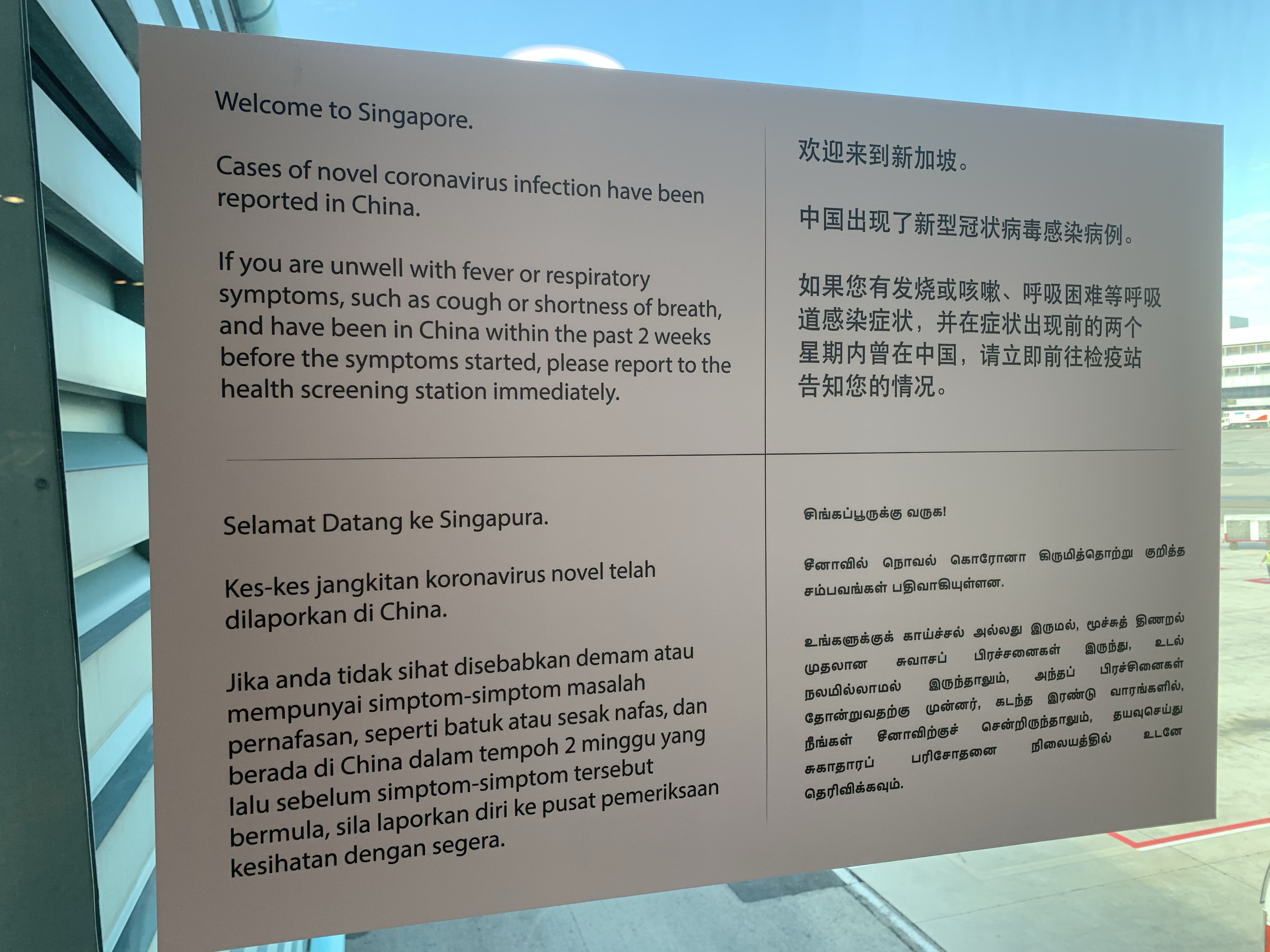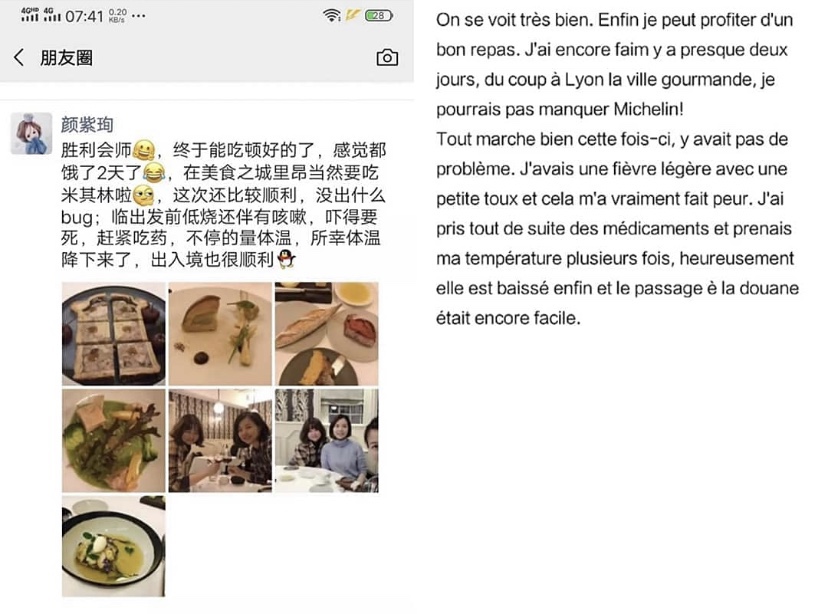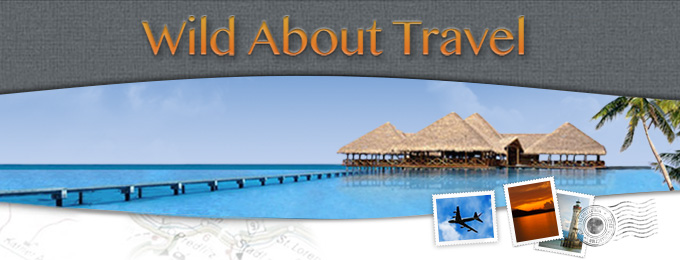I am glued to the WHO site reading the latest updates on the 2019 Novel Coronavirus (2019-nCoV) from the World Health Organisation.
This new coronavirus was first identified in Wuhan, Hubei Province, China in November, 2019. It has resulted in more than a thousand confirmed cases in China, including cases outside Wuhan City. Additional cases have been identified in a growing number of other international locations.
China has locked down some 50 million people who are in areas affected by the virus, cancelling gatherings at temples during the New Year holiday, while the historic Forbidden City in Beijing was closed. Rail, bus and train services have been suspended across many parts of China, tollways shut and international air services reduced or cancelled.
WHO have said the disease does not yet constitute a global health emergency. That situation may change after one of their global meetings.
Animals are suspected to be the primary source of the outbreak, with studies indicating that the virus may have originated from bats or snakes.

Sign at Singapore Changi airport
Advice for avoiding/reducing this virus:
When coughing and sneezing cover mouth and nose with flexed elbow or tissue – throw tissue away immediately and wash hands;
Avoid close contact with anyone who has fever and cough

Clean and disinfect your home
If you have fever, cough and difficulty breathing seek medical care early and share previous travel history with your health care provider. Call your provider. Do not go in.

When visiting live markets, avoid direct unprotected contact with live animals and surfaces in contact with animals. I chose to avoid such a market yesterday in KL.
The consumption of raw or undercooked animal products should be avoided. When cooking, ensure good food safety practices, such as using different chopping boards and knives for raw meat and cooked food and washing your hands between handling raw meat. Make sure meat and eggs are thoroughly cooked through.
Do not eat exotic animals eg bats, snakes etc
While there has been panic buying of masks, authorities have not been urging their use unless the wearer is actually ill or in close contact with such people.

WHO is recommending that all healthcare workers treating people with the virus wear surgical masks, along with gloves, goggles and gowns. These masks are not designed to be used more than once.
Symptoms
For confirmed 2019-nCoV infections, reported illnesses have ranged from people being mildly sick to people being severely ill and dying. Symptoms can include:
• Fever
• Cough
• Shortness of breath
The US CDC believes that symptoms of 2019-nCoV may appear in as few as two days or as long as 14 days after exposure.
A group of Hong King scientists have determined that the death rate from the virus amongst 3 to 4 percent. This is lower than the death rate from MERS, a similar virus is around 30 to 40percent. MERS cases continue to occur, primarily in the Arabian Peninsula.
In the cases of SARS and MERS, the risk of succumbing increases with age and the presence of other medical conditions. This seems to be the case with this new virus.
How does this affect travel plans?
I am still traveling in Asia but being wary. I would not go to China. Every government is saying only travel to China if it is essential. Airlines are already cutting flights to and from China. Countries are already screening anyone coming in from China.

Do not fly if you have a fever. One Chinese woman boasted on social media of having avoided the checks on people with fever on a trip to France is beyond the pale.

I recommend carrying a travel health kit containing basic first aid and medical supplies with an alcohol-based hand rub for hand hygiene. I am wiping all surfaces in hotel rooms with my alcohol swabs.
If WHO announces an emergency and travel ban, then everyone in what they term the “containment zone” would be subject to travel restrictions. I am not sure and not qualified to say how big that zone would be. A further buffer zone would be set up around that containment zone, I understand.
Check your travel insurance to see what it includes. One of the reasons, I check the ts and cs of my travel insurance policies is to see exactly what I would be covered for in this situation. If I am trapped in an airport or a quarantine zone, I want to know what support I would get.
If entire regions are shut down, will your travel insurance allow you to get home? Get medical care? Get accomodation paid for? Check carefully before you travel.
All gratitude to all health workers and researchers assisting affected communities.
More information:



Leave a Reply